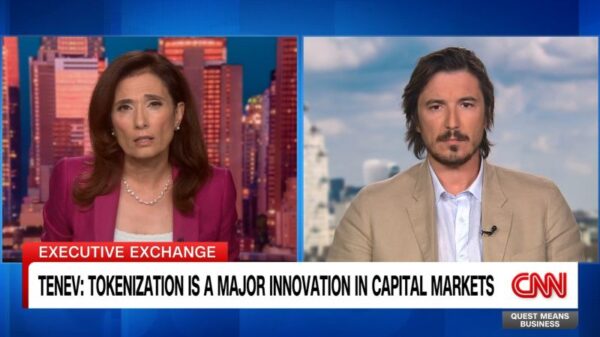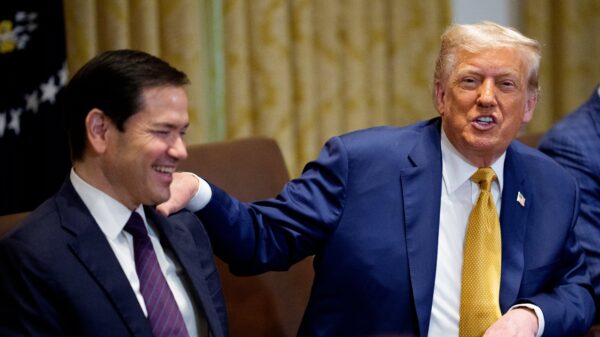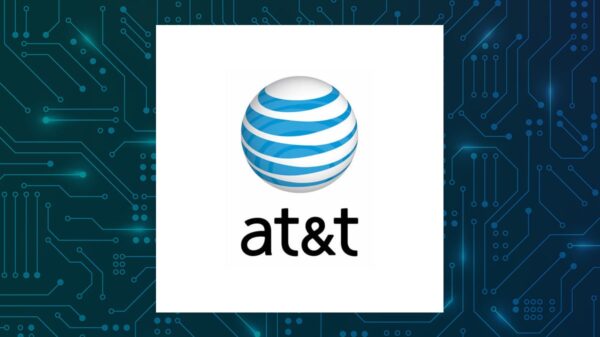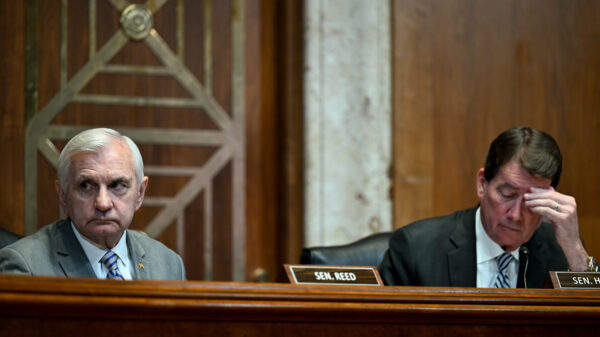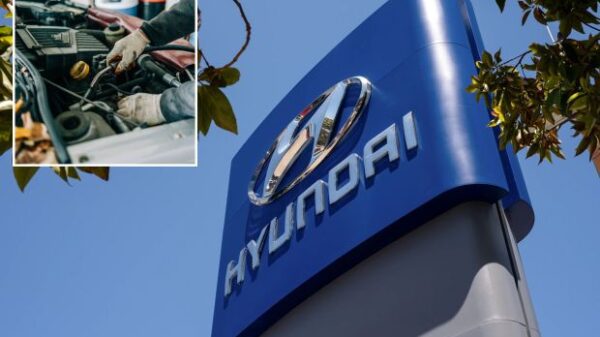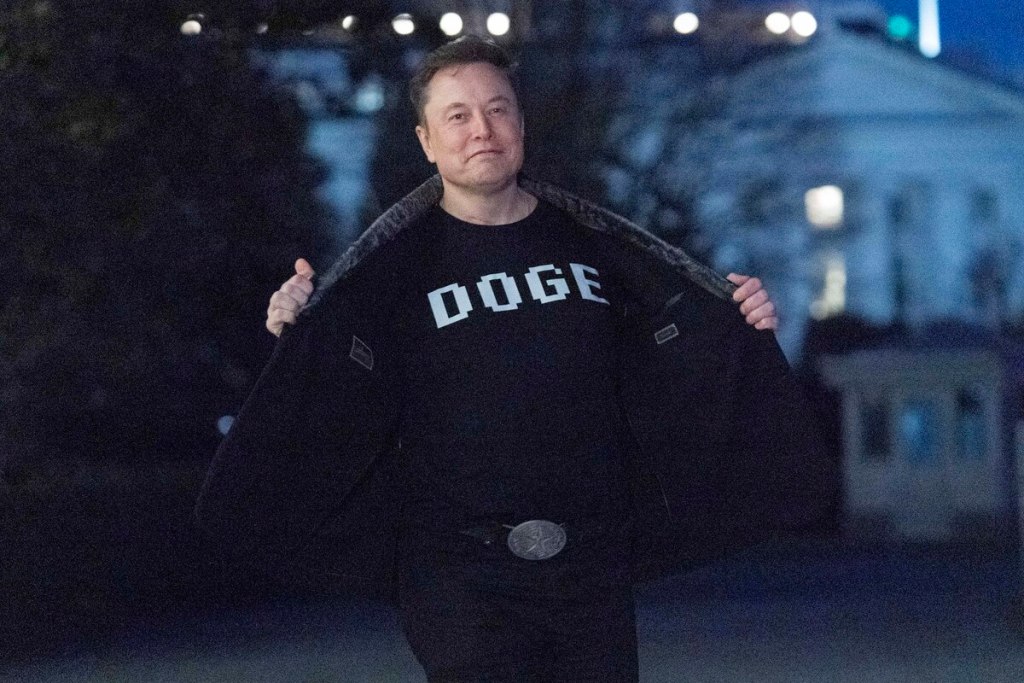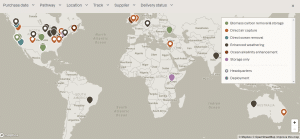Elon Musk, the founder of Tesla and SpaceX, is reportedly considering the creation of a new political entity called the America Party. This initiative seeks to challenge the traditional two-party system in the United States, following a contentious relationship with former President Donald Trump. As Musk explores this political avenue, the state of Maine offers both inspiration and cautionary insights based on its history of third-party movements.
Maine stands out for its significant support for independent candidates and smaller political parties. The state has previously elected two independent governors and witnessed noteworthy third-party performances in national elections. In the 1992 presidential race, Ross Perot secured second place after Bill Clinton, ahead of George H.W. Bush. In 2016, during Trump’s first campaign, over 5 percent of Maine voters supported Libertarian candidate Gary Johnson, while nearly 2 percent cast ballots for Green Party candidate Jill Stein.
Lisa Savage, an independent candidate for the U.S. Senate in 2020, attributes this trend to Maine’s unique political culture. “We just have that kind of independent, you-can’t-buy-me kind of attitude,” Savage stated, reflecting the state’s competitive spirit against traditional party politics. Maine’s environment is notably more accommodating to third parties than most other states, with the Green Party maintaining a larger membership here than elsewhere in the country—though they have not fielded a statewide candidate since 2006.
The aspirations of Musk’s proposed America Party, primarily focused on congressional races, may not align perfectly with the Green Party’s platform, which traditionally emphasizes leftist economic and environmental issues. Musk’s emphasis on fiscal responsibility could resonate with former Libertarian voters and independent conservatives in Maine and beyond. Nonetheless, it remains uncertain if Musk will pursue formal organization for the America Party. To gain ballot access in Maine, he and his supporters would need to register at least 5,000 voters.
The No Labels Party, a centrist group, recently achieved party status in Maine after navigating challenges with Secretary of State Shenna Bellows over ballot access regulations. Given Musk’s significant wealth, estimated at over $400 billion, he possesses a crucial advantage that smaller parties often lack—financial resources. Jason Call, who managed Jill Stein‘s Green presidential campaign, noted that Musk’s wealth could provide a substantial boost in reaching voters.
Despite the potential for financial influence, Maine’s political culture may not align with Musk’s high-profile persona. Savage commented on the disparity, citing Musk’s past actions, such as wielding a chainsaw at a conservative event to represent his collaboration with Trump’s “Department of Government Efficiency.” His substantial financial contributions to Trump and the Republican Party, totaling $290 million for the 2024 elections, have sparked debate over whether his efforts might be more effective within the existing political framework.
Former Maine Senate Majority Leader Garrett Mason, a lobbyist and potential gubernatorial candidate, expressed skepticism about Musk’s commitment to establishing a third party. “There are so many good things to focus on that he can have an influence on with his money inside the Republican Party that I think would be more beneficial,” Mason stated, highlighting the opportunities available within the established political system.
As Musk navigates his political aspirations, the experience of Maine’s independent landscape may provide valuable lessons. The state’s history of third-party movements serves as both inspiration and a reminder of the challenges that any new political entity may face in an increasingly polarized environment.




